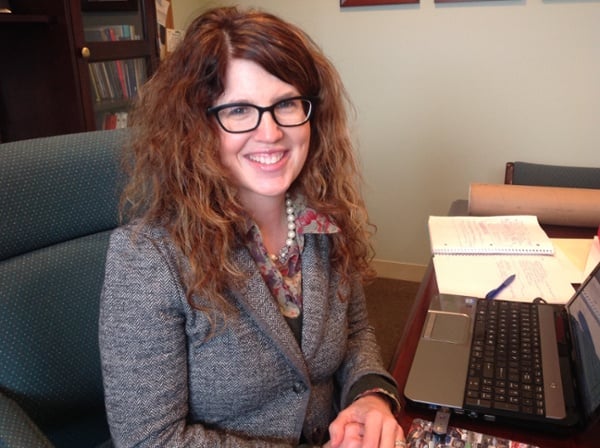Your mom or dad is about to be discharged from the hospital or short term rehab, but you just don’t feel they are ready to be home, managing on their own. That’s when a discharge planning checklist becomes necessary. The checklist is your guide to getting questions answered from the medical team that will promote the highest level of after-care outcome for your mom or dad.
Discharge Planning Checklist
The first item on the list is to have in hand the discharge form given to you by the registered nurse. This form should cover the reason for your parent’s admission, procedures done and outcome. The nurse will guide you on how to take care of your parent (“patient teaching”). Ensure that it addresses these health issues:
-
The signs and symptoms to watch out for and what to do when they occur.
-
Who to contact if a problem develops soon after arriving home.
-
The medication list and regimen.
-
Follow-up appointments.
Ask questions about continuing treatment necessary for full recovery:
-
Will there be therapy sessions performed at home, or at an inpatient or outpatient clinic?
-
How long are these sessions expected to last?
-
What are the expectations or patient goals of therapy?
-
Will insurance cover these services?
Ask questions about the patient’s functional status in relation to day-to-day needs. This will help prepare you for after-care challenges.
-
What exactly is my parent’s physical limitation?
-
Will my parent have sufficient strength to take care of basic tasks or activities of daily living (ADLs – bathing, toileting, dressing and eating)?
-
Will my parent need assistance with errands, laundry, and meal preparations?
-
Will medication management be necessary and should I monitor for compliance?
Find out if medical equipment for therapy will be needed in the home and if so, discuss whether it can be accommodated in the home environment by asking these questions:
-
Will my parent need any special medical equipment? Will operation of the equipment require the skill of a nurse? Will the equipment be delivered and if so, when?
-
Are there any special safety-handling requirements in the home environment?
-
Do I need to install a Personal Emergency Response System in case my parent falls or needs to call for help?
Note: Find out up front what services and equipment may be covered under Medicare or private insurance. For further guidance on discharge planning, a geriatric care manager is often on-hand at health clinics to offer an additional layer of support for care-givers.
Remember that this is your loved one and you will want to err on the side of caution when creating a safe discharge plan. It is better to have more services set up and wean them off as they gain back strength than to assume they can manage well on their own and risk readmission into the hospital or rehab. Just be forewarned that your parent may not agree with this approach. They may feel they can manage as well as before their hospital stay. Try to work together to find the fine line between their safety, security, independence and autonomy. A short-term or respite stay at an assisted living community might be the perfect solution.
Key Takeaways:
-
A discharge planning checklist is your guide to getting questions answered from the medical team regarding the best way to help your mom or dad recuperate at home.
-
The first item on the list is to make sure you have the discharge form which gives a summary of the patient’s hospital stay; additionally, you should receive “patient teaching” information from a member of the medical team.
-
Ask questions about continuing therapies for your parent and whether this will be performed in-home or as outpatient care.
-
Ask questions about your parent’s functional status as it relates to handling day-to-day needs/ADLs.
-
Find out if medical equipment is needed for operation in the home and whether it requires the skill of a nurse.
-
Consider a short-term or respite stay as your parent gains back their strength and functioning ability.




